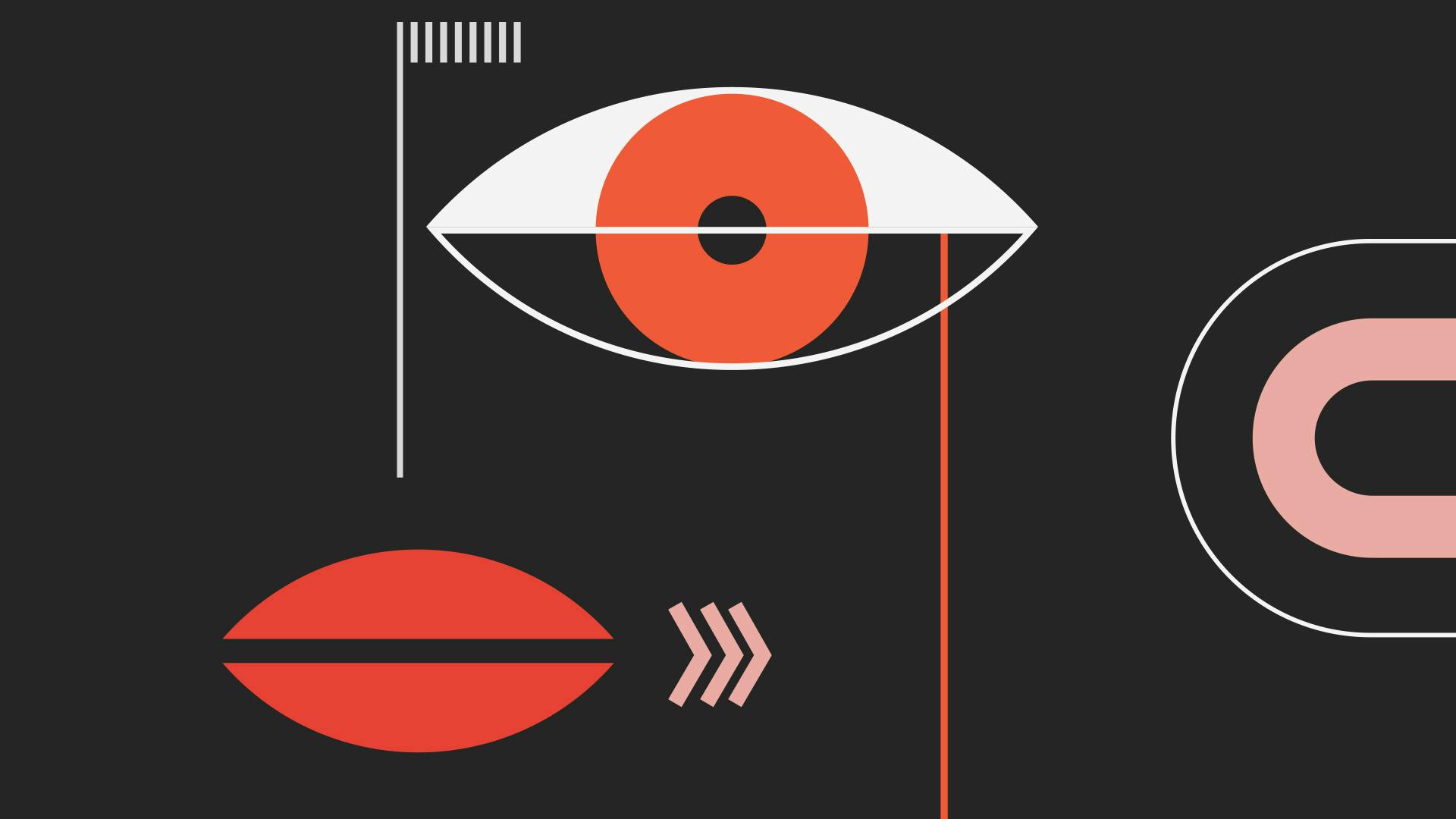Think of these numbers for a minute. The VR software and hardware industry grew by a staggering $16.8
billion from 2017 to 2020. Also, in 2020, there were 32 million VR headsets in use, up from 28.1 million in 2019.
What’s more staggering is the fact that, by 2022, the VR industry will be worth $33.9 billion. And it’s easy to see why when you consider that 62% of consumers feel more engaged with a brand that uses VR. Likewise, 71% of them think of a brand as forward-thinking when it uses VR.
No doubt, the COVID-19 pandemic has been a significant contributor to this growth. During times when people were locked in due to various lockdowns and stay-at-home orders, it proved to be an excellent
way to up engagement.
When people couldn’t experience a product or service in person, companies brought the experience to them. So is VR here to stay?
And why is it the right tool for marketing properties in the UAE? Let’s begin with the basics.
What is VR?
Virtual reality or VR is the use of computer technology to create a simulated environment. So, unlike traditional video or imaging, it immerses users in a 3D environment.
As a result, it gives users an engaging video experience where they’re able to interact with the surrounding environment.
This, in turn, makes content more engaging and attracts more buyers.
Why VR for marketing properties?
With the global economy being where it is, it’s not difficult to see why property sales are harder to come by than usual. It’s simple: In times of uncertainty, investors focus on preserving cash. So, properties must present an excellent proposition to get them to invest.
Likewise, despite the pandemic receding somewhat, there are still lingering health concerns. Because of this, many investors are simply not willing to go out and view a property.
Yet, despite this difficulty, property developers in the UAE need to attract investors anyway.
This is where VR can make a difference. It not only promises to introduce more value to investors and ease their pain points, but also improves the buyer journey and experience. No wonder an estimated 1.4 million realtors will be relying on VR technology in 2025 in the US alone.
With that in mind, let’s look at the specific ways VR improves property marketing.
It gives investors all the information
One of the main benefits of VR is that it gives the investors all the information they need to make better decisions faster.
Typically, a real estate agent or developer would advertise a property and describe all the features a property has. So, the agent may refer to spacious living areas, huge garden, and so on.
But remember, these things are subjective.
Sometimes, there’s a gap between the promise and delivery. VR eliminates this problem. By using the technology to provide a guided and 360-degree virtual tour, buyers can experience a seamless journey. Because they can engage with the property as if they were present in person, they’re able to make better
decisions.
It tells a compelling story
If there’s one thing about VR, it tells a story. As such, it evokes buyers’ emotions. So, imagine a storyline that shows buyers the property’s features, its surroundings, and the community.
And here, VR offers developers and real estate agents a blank canvas. They can fill it with visuals and captions that showcase the property perfectly. In simple terms, real estate agents and developers can
market the property to investors who can be in the comfort of their homes or offices.
Thus, crafting a story through VR around the property helps buyers connect to it, making for a strong and powerful tool. Translating, in turn, as a higher and faster return on investment.
It creates an impression that lasts
At its core, VR was designed to create an immersive experience. So, when buyers experience the property as if they were there, they remember it. Then they are more likely to come back and express their interest.
This not only creates an excellent impression of the property, but also of the agent or developer. Ultimately, the property stands out from the crowd, which is important, considering that buyers look at several properties before buying.
Better lead generation
There’s no doubt that virtual reality videos can significantly improve developers’ lead generation
efforts. This works in two ways. For one, buyers around the globe can view properties from wherever they are. Result: The pool of willing buyers is significantly increased.
Besides, because buyers from around the world are able to view properties digitally, developers and real estate agents have access to vast amounts of data, which tells them where the buyer
is in the buying journey.
For example, using a heat map will enable developers to see exactly where their prospective buyers are from. They can then focus on improving their marketing efforts in these areas.
Ultimately, this allows developers to make their marketing processes more efficient and cost-effective. They
can increase their return on investment and profitability.
The bottom line
It’s clear that VR allows developers to showcase their properties and create immersive experiences, creating impressions that last longer.
To find out more about virtual reality videos or how they can make marketing properties more effective, visit our website.
At Liwa, we take a consultative approach to video and VR marketing that enable property developers and real estate to give their customers the immersive experience they need.
